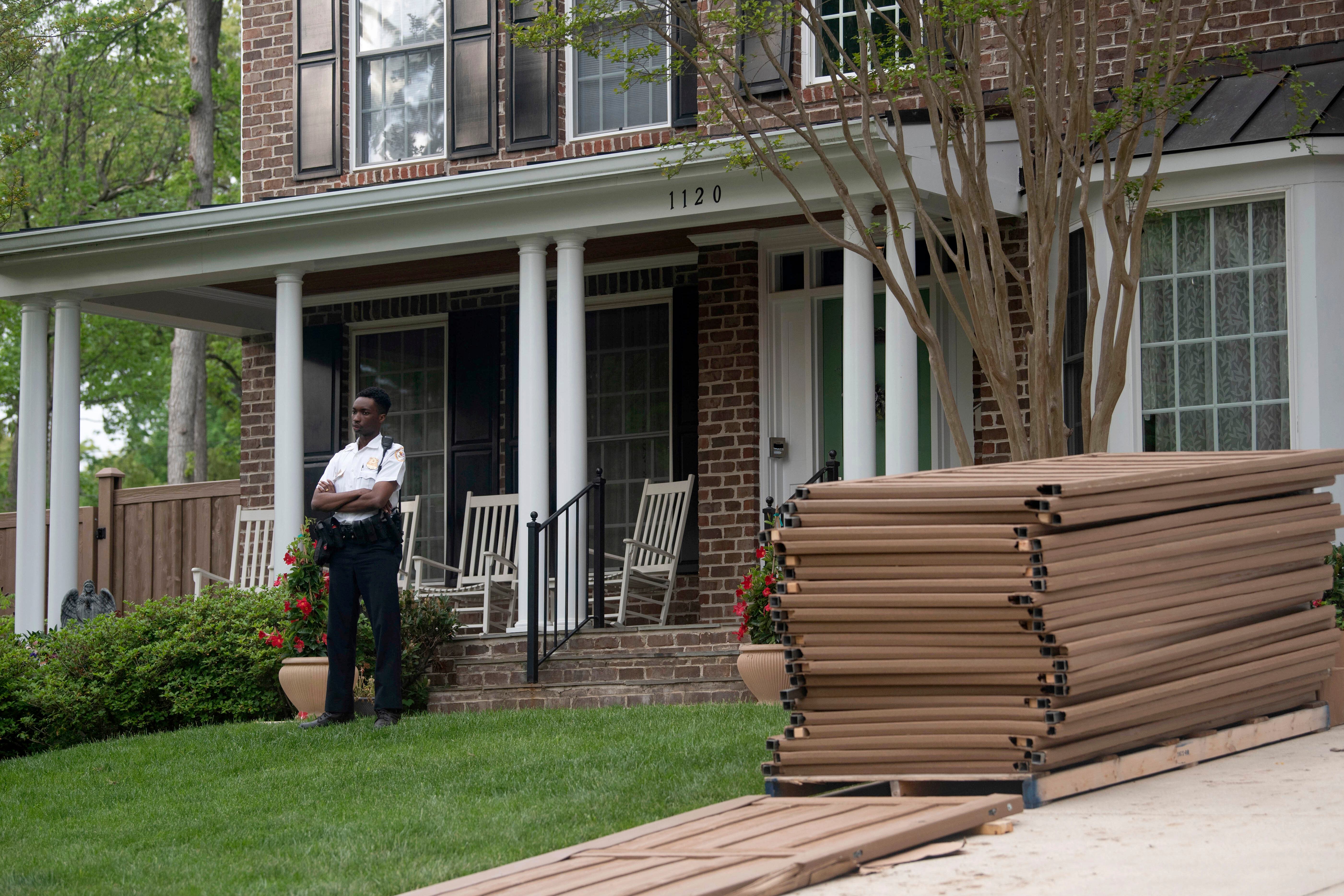A whistleblower within the U.S. Department of Justice has provided material to U.S. Sen. Katie Britt (R-Montgomery) that appears to contradict U.S. Attorney General Merrick Garland’s recent testimony regarding federal marshals' response to protests at the homes of U.S. Supreme Court justices.
During a Tuesday hearing of the Commerce, Justice, Science, and Related Agencies (CJS) Subcommittee of the Senate Committee on Appropriations, Britt questioned Garland about what she saw as the DOJ’s failure to uphold justice and equally apply the law.
“I am a big believer, and I’ve heard this all over the state of Alabama as I’ve traveled: people want justice to be blind,” Britt said. “They believe that is a foundational building block of our nation. And, until we restore that trust and confidence, people are worried about the direction our nation will go.”
Britt referenced Garland's recent testimony about why no one had been prosecuted for protesting and harassing Supreme Court Justices outside of their homes following the Dobbs v. Jackson Women's Health Organization decision, which returned the legal issue of abortion back to the states.
According to 18 U.S.C. §1507, it is illegal to picket or parade near a residence occupied by a judge with the intent of "interfering with, obstructing, or impeding the administration of justice, or with the intent of influencing any judge, juror, witness, or court officer, in the discharge of his duty."
Garland testified that marshals had "full authority" to arrest the protestors violating the law. However, Britt said a DOJ whistleblower recently gave her some training materials apparently used to brief marshals on how to protect justices' homes.
"Those training materials show that the Marshals likely didn't make any arrests under Section 1507 for a pretty simple reason – they were actively discouraged from doing so," Britt said to Garland. "As you can see on the slide behind me, the Marshals were explicitly told to avoid, unless absolutely necessary, any criminal enforcement actions involving the protestors."
Garland said he had not seen the slide deck with the materials before and reiterated his earlier assertion.
"I'm the first Attorney General who has ever ordered Marshals to protect the residences of the Justices and protect them 24/7," he said. "That's their principal responsibility, but that doesn't mean that they are in any way precluded from bringing other kinds of arrests."
Britt responded: "[W]hen you say they were given the full authority to arrest people violating Section 1507, I would ask, will you take a look at these slides, these materials? Dig into them. It is clear that these Marshals were given directives that limited, that narrowed the scope (of their authority). Of course, the physical safety of our Supreme Court Justices is paramount, and we thank you for sending those Marshals there. 1507, though, actually is more all-encompassing than that narrowly tailored objective. It says picketing or parading near a [residence], if you're doing it with the intent to interfere with, obstruct or impede the administration of justice or influence any judge in the discharge of their duty – it is clear when you look at these slides, the Marshals were not given those directives."
To connect with the story's author or comment, email daniel.taylor@1819news.com.
Don't miss out! Subscribe to our newsletter and get our top stories every weekday morning.









